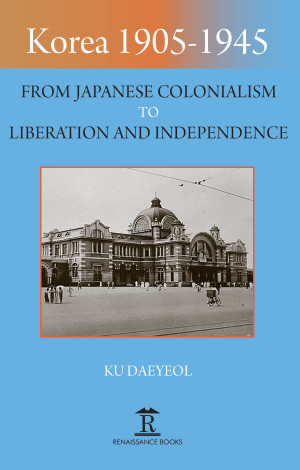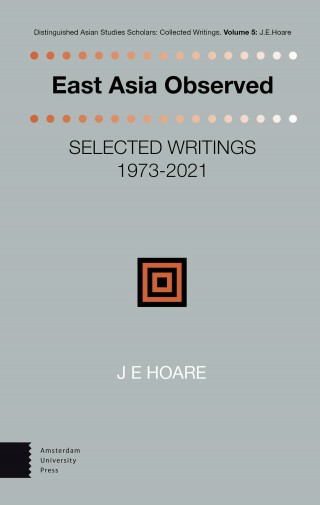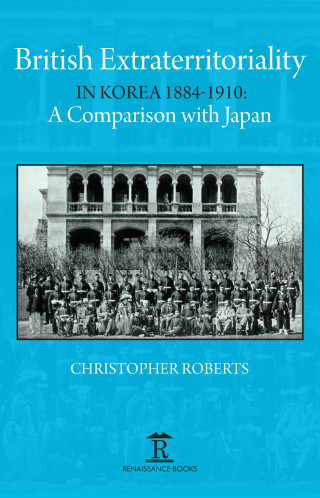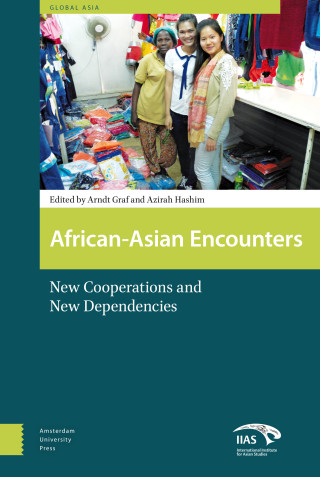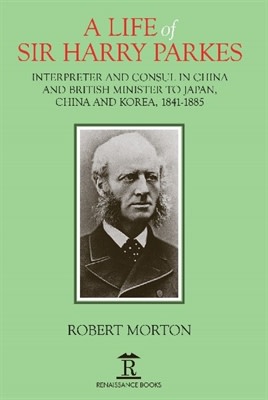Ku Daeyeol
After completing his M.A. and Ph.D. respectively in Far Eastern Affairs at SOAS and International History at LSE during the years 1973 to 1980, Ku Daeyeol returned to Seoul to work at the Institute of Foreign Affairs and National Security (IFANS), affiliated with the Ministry of Foreign Affairs, before moving to Ewha Womans University in 1983, where he taught within the Department of Politics and Diplomacy until his retirement in 2011. His principal fields of research are the international histories of Korea in modern times, as well as international relations. He was selected twice as a Fulbright Senior Scholar, which enabled him to conduct research at the National Archives and Records Administration, Washington DC (NARA and thus write this book. Among his recent publications is Politics of the Three Kingdoms’ Unification (Seoul: Kkachi, 2010), which received the award of “Excellent Academic Publication” by the Korean Association of Political Science for the year 2011.

